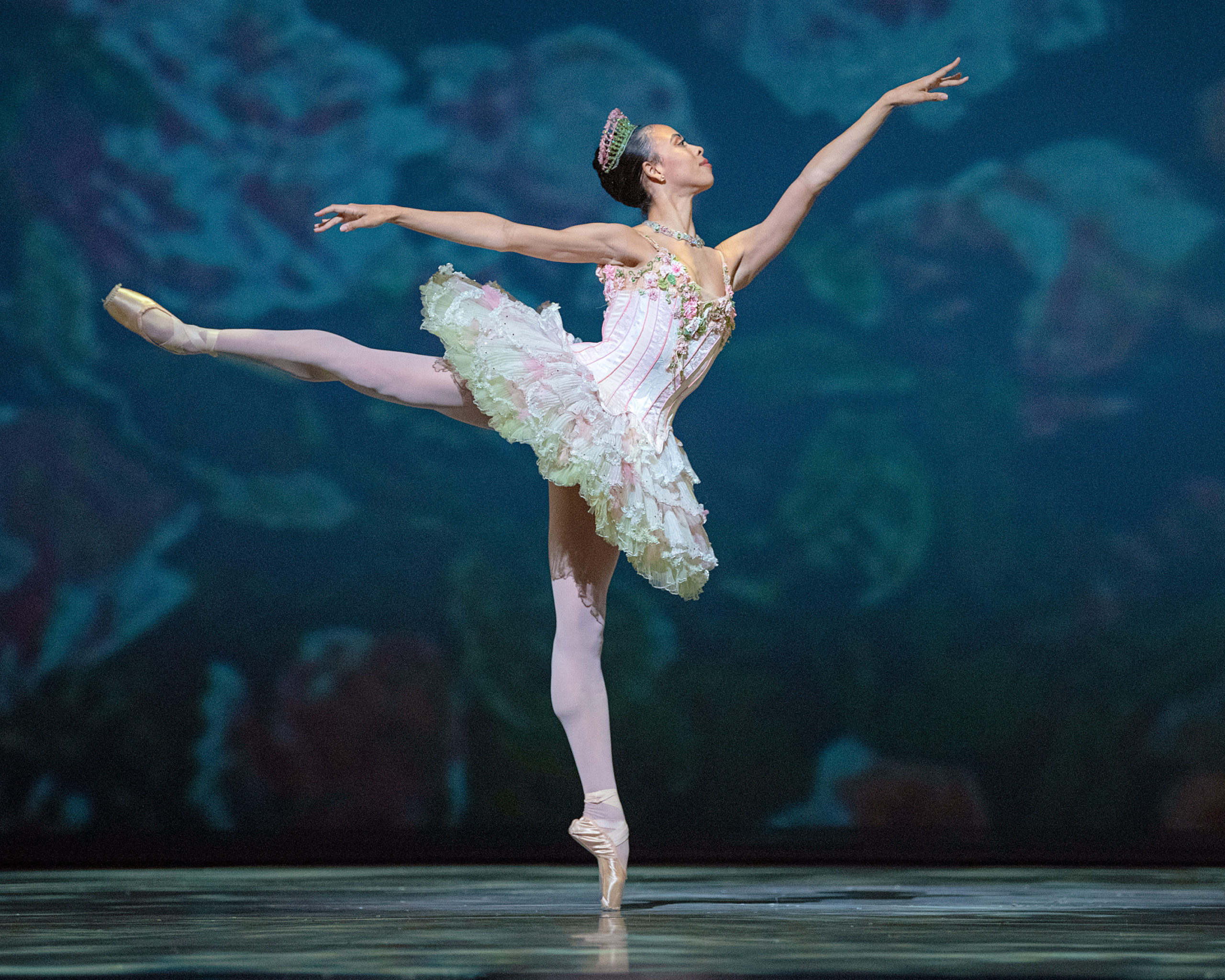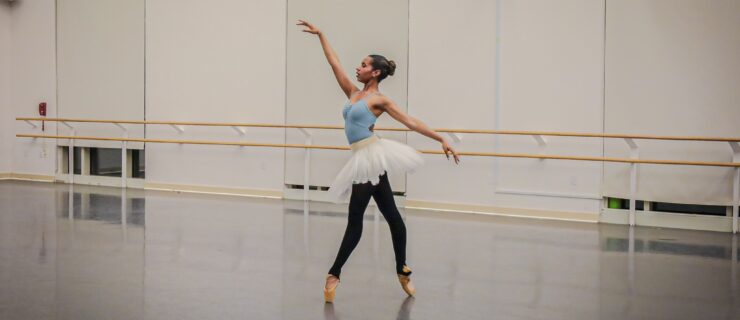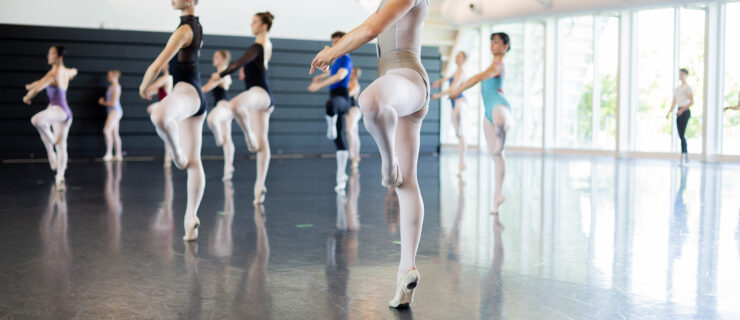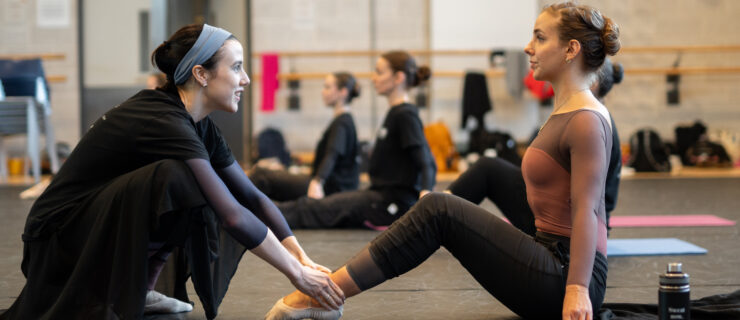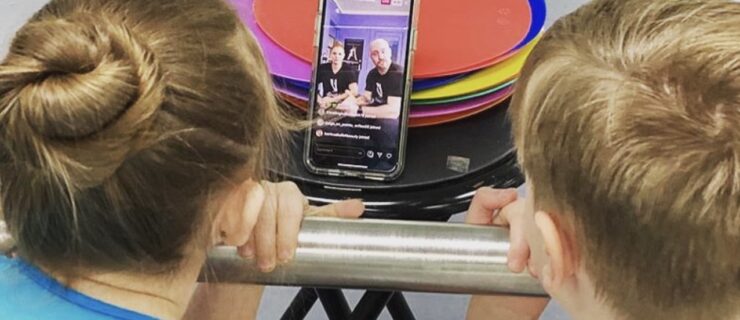Competitive Feelings in Ballet: Recognizing When They’re Healthy, and When They’re Not
San Francisco Ballet principal dancer Nikisha Fogo vividly recalls how it felt to be consumed by competitive feelings. “I went to the Royal Ballet School, and I remember it felt so competitive in the sense of ‘Who’s going to get the Royal Ballet contract?’” she says. “I remember feeling that if I didn’t get Royal, that would be the end of the world and I would be a failure.”
At some point during their pre-professional training or performance careers, most ballet dancers will feel intense pressure to compete with peers for roles, the attention of teachers and choreographers, or even that “good” spot at the barre. Whether or not you consider yourself to be a naturally competitive person, it might be time to think hard about how a competitive edge could be turbocharging your growth—or sabotaging your success.
Healthy Vs. Toxic Competition
According to Dr. Leigh Skvarla, a licensed professional counselor specializing in peak performance, competitiveness is the purposeful desire to do better than others at some defined challenge, although you can also be competitive with yourself or your goals. Some dancers may find ultracompetitive environments to be motivating, whereas others may thrive in settings that are more focused on cooperaton.
Still, “The research tells us there are certain contexts in which everybody can identify with competitiveness,” says Skvarla. Even if you’re not ordinarily competitive, when you really care about the outcome of an audition or competition, you might notice feelings of determination and single-mindedness creeping into your consciousness. The crucial difference lies in how these thoughts and emotions show up in your behaviors.
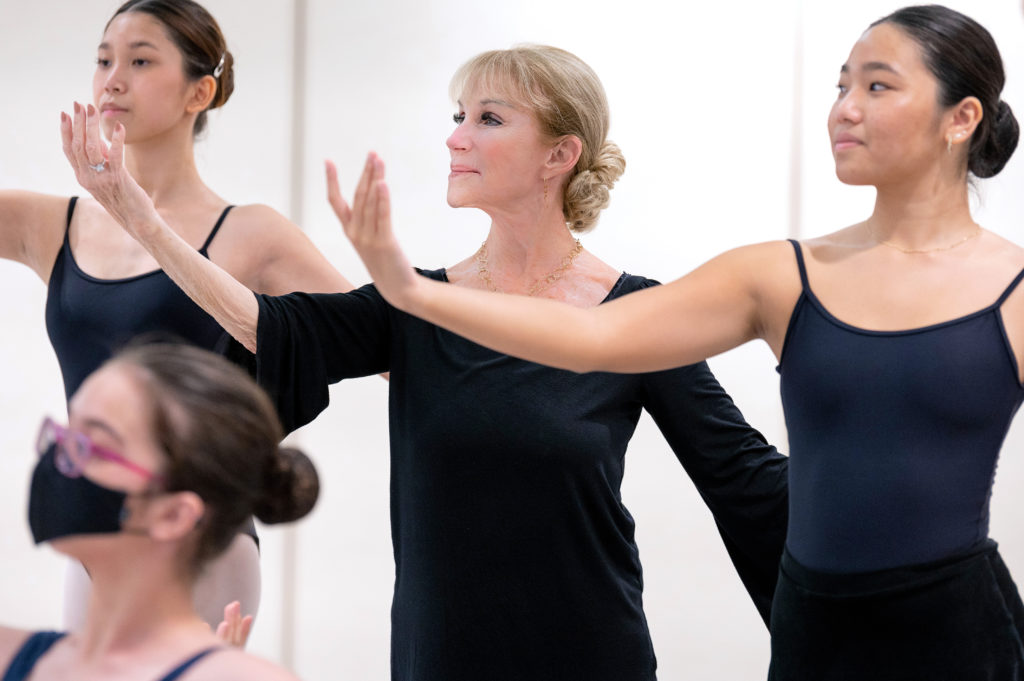
According to Pamela Taylor-Tongg, artistic director of Ballet Hawaii, teachers and directors do notice when competition leads to aggressive in-studio behavior—and they don’t necessarily admire those dancers (or parents, for that matter). “This is why we change lines in class, because no one should always push to be front and center,” she explains. “I don’t want to inhibit excitement, but continual competitive energy does have to be channeled in such a way that it doesn’t disrupt the class.”
Cultivate Your Competitive Streak
If channeled carefully, competitive energy can actually boost your levels of motivation and performance. That was Fogo’s experience while dancing for Vienna State Ballet: “My best friend, Natascha [Mair, now with English National Ballet], and I felt like we had a really healthy competitive dynamic as ballerinas on the same trajectory in the company. We were pushing each other to be our best ballet selves.”
The key for Fogo and Mair was to value their friendship first—and to acknowledge their individual strengths. “We’ve talked a lot about how competitive ballet can be, in the sense that everyone wants the same thing,” Fogo says. “In addressing and acknowledging that, we found that someone else’s success doesn’t mean it’s not going to happen for you.”
In other words, Skvarla says it’s no problem if you and another dancer have an ongoing (if unspoken) rivalry over the height of your extensions. If wanting to best your peer(s) is motivating you to fix your alignment and invest time in a daily flexibility practice, that’s pretty much the definition of healthy competition.
All Fun and (Mind?) Games
If you shrink at the very idea of trying to out-fouetté your classmates, you’re not alone. Taylor-Tongg has coached many students for Youth America Grand Prix, some of whom have felt intimidated by competition: “If you’re consumed by thoughts of somebody that’s next to you, you don’t think about what your goals are and what you want to do.”
While easier said than done, mindfully choosing to compete with yourself might be the best answer to the competition conundrum. “The two key things that competition does is direct your focus and motivation,” Skvarla says. So competing with yourself could look like wanting to do better than you did yesterday, or challenging yourself to go for a triple turn when you’d previously just tried for doubles. Focus on your progress and your strengths, and the motivation to dance your best will come naturally.
